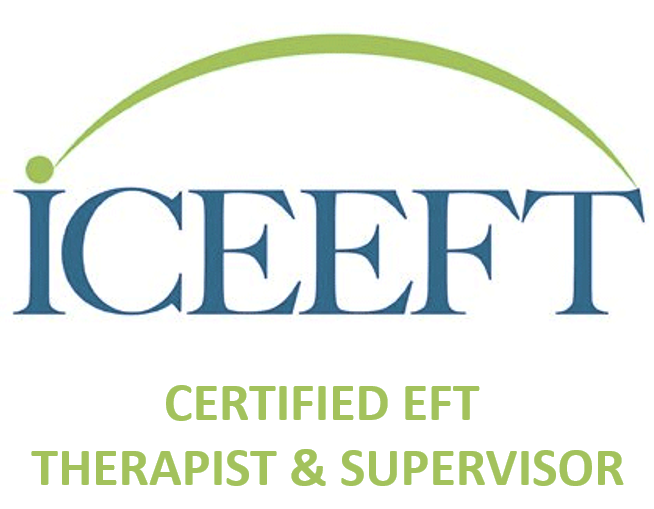There is something so beautiful, and so hard, about family life.
The children we care for and protect. The children we try to guide. The children we struggle to let go. The children whose temperaments can be hard for us. The children in their own lives who need us, and don’t need us, in ways that can be hard for us to understand. The children who marry. The children who have their own children.
The parents to who we look for care, support, recognition, understanding, acceptance. The parents who hold and love us. The parents of our siblings. The parents we admire. The parents who are imperfect. The parents who do not know how to be there for us in ways we need. The parents with who we struggle. The parents we reject even while we need them. The parents who become grandparents. The parents that need us. The parents that decline, pass away and leave us.
Beautiful, hard, and in constant flux; so much always changing, month by month, year by year.
Sorrow, hurt, disappointment, repair, play, laughter and joy. The ones who we have known so well and so long. The ones we mis-understand. Family life requires regular development and renewal in each family relationship on the way to secure attachment, deeper understanding, pleasures of being together, heartfelt acceptance of each other through our conflicts and struggles. It is amazing how well families move through so much change and the hardship of differences. And often there is painful breakdown, distance and disconnection as negative patterns of interaction develop and rigidify. Our most significant relationships get stuck and our ability to care for and to seek care become discouraged.
Emotionally Focused Family Therapy:
-Interrupts and makes explicit those negative patterns of interaction that block the renewal of positive connection in the family’s relationships.
-Helps commence new conversations between family members; experiences of contact & connection that broaden positive cycles of interaction.
-Helps parents through blocks that stand in their way of being responsive to their children.
In EFFT we understand problems as relationship distress where positive attachment feeling is blocked by these negative cycles of interaction. We help family members recover the softer vulnerable feelings that help children seek the care they long for from their parents and help the parents’ hearts open to their child’s seeking of them.
We help parents find greater support and collaboration with each other. We help strengthen sibling bonds.
These things leading to a more secure feeling that family members can be themselves, that a growing flexibility will develop, that the family will continue to be able to change with each new challenge.
I love helping families. I’m incredibly grateful to Sue Johnson and to all the Emotionally Focused Therapy Trainers who have been developing this model for many years. I am enthralled by the effectiveness of the model and grateful that at this stage of my practice life–family therapy makes incredible sense and can be incredibly helpful.
Robert Ogner

